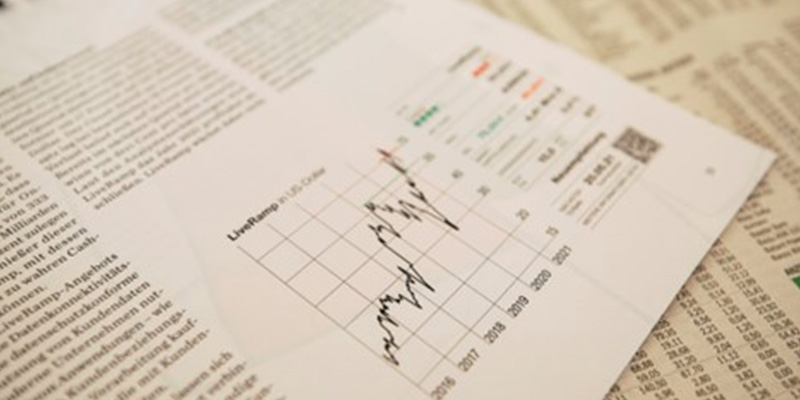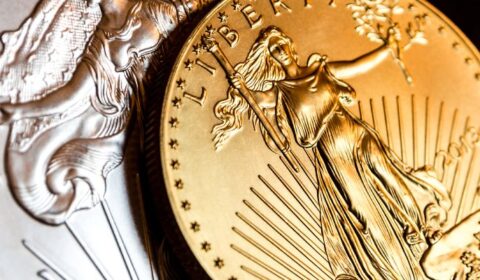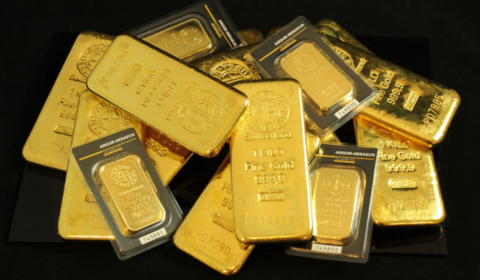The Stock Market, and Exchange Rates: How Precious Metals Serve as a Hedge Against Both

The following article is created and or curated by the Orion Metal Exchange for the benefit of our followers. We seek to provide relevant precious metals, economic and geopolitical content that can impact your retirement and savings. If you are interested in learning about precious metals investing, call 1-800-559-0088, for a FREE investor kit.
Investors are increasingly gravitating toward investing in precious metals and for a good reason. While all other forms of investments falter in a time of financial crisis, precious metals don’t. The material and market value of precious metals hardly succumb to inflationary pressures or fluctuating exchange rates.
Here’s an overview of how investment in precious metals serves as a hedge against economic forces and preserves the value of your savings.
Hedge Against the Stock Market
Stocks can be classified as equities that not only offer individuals a chance to invest their savings but also attain partial ownership in the company issuing the stocks. By investing in stocks you become a stockholder of the company.
Compared to stocks, precious metals are commodities, and using your savings to buy gold, silver or platinum offers you physical possession of the commodity.
Building on this idea, you can imagine how having stocks of a company puts your investment at stake. The Stock Market Crash of 1929 is the best example to illustrate this point. Even though this is an income-generating investment, there’s always a risk of default.
Investors can lose out on their periodic payments if the company were to perform poorly at any given time. So, the idea that you can buy cheap and then reap generous returns doesn’t apply to the stock market.
Stocks or Bars?
Stocks of companies that are faring well will always be priced higher, as there’s an increased demand to invest and share the profits. But a smart investor will also weigh the downside of investing in stocks, i.e., you could suffer a loss or lose out all your savings if the company buckles during an economic setback.
Hedge Against the Exchange Rate
There’s an abundance of speculations about the relationship between exchange rates and the value of gold. True, the Bretton Woods Agreement—signed in the wake of the Second World War—defined the US dollar as the universal currency, and one that could be converted into gold. But the replacement of the gold standard had little impact on the trust people put into buying gold.
As Charles de Gaulle rightly put:
“There can be no other criterion, no other standard than gold. Yes, gold which never changes, which can be shaped into ingots, bars, coins, which has no nationality, and which is eternally and universally accepted as the unalterable fiduciary value par excellence.”
Pegging the dollar to a precious metal automatically stabilizes price fluctuations since the latter is finite in nature. Since there’s only a limited supply of this metal at a given moment, the supply of dollars is also restricted to that. Financial institutions such as the Central Bank may alter the supply of dollars in the market, which appreciates or depreciates the currency.
Dollars or Bullions?
Such fluctuations in the exchange rate affect the purchasing power of each dollar i.e., how much you can buy with $1 in the present moment. Compared to that, the value of gold remains stable and unchanged. Naturally, it’s smarter to invest in gold to protect your savings from currency depreciation.
If you’ve made up your mind about investing in precious metal, we’re ready to begin when you’re ready.
Call us at 1-800-559-0088 so that investment experts at our precious metal investment company can help you secure your money best!






